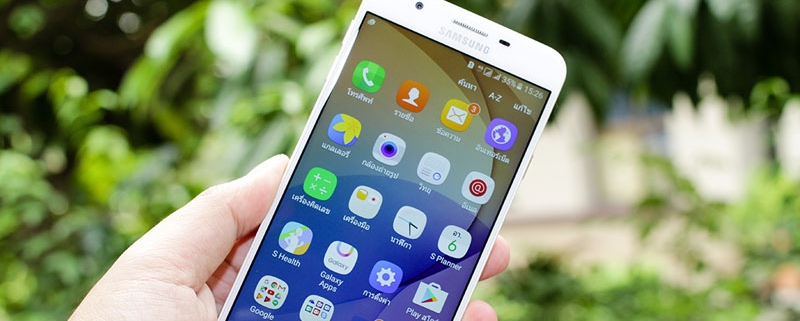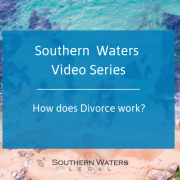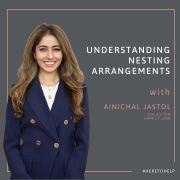Recordings and family law – is it ever a good idea?
There is no disputing that we live in an age where technology is incredibly accessible. So many of us are dependent upon our mobile phones to assist us in managing our lives. Our mobile phones can manage our diaries, record precious moments and even answer our questions with just a voice command. In the era of mobile phones, when embroiled in family law proceedings it can become very tempting to try and ‘catch out’ the other party by making an audio or video recording with just the press of a button to be used as evidence. However, the question is, is this really ever a good idea?
What does the law say?
In New South Wales, a mobile phone might be considered to be a listening device in circumstances where it is capable of recording a conversation. Generally, the law says that it is an offence to knowingly use a listening device to record a private conversation, whether or not the person using the device is a party to the conversation. An exception to this rule is where it is reasonably necessary for the protection of the interest of the person using the device.
Most parties who record another in family law proceedings will tell their lawyers that the recording proves the other person has done something inappropriate and suggest that it will assist their case. In some cases this may be correct, however in most it will be incorrect. Leaving aside the legality of their actions in making a recording, the recording itself cannot automatically be used as evidence and the Family Court has to decide whether it will listen to the recording.
There are cases in the Family Court where the Court has decided to allow a recording to be used as evidence. In such cases, the Family Court has had to weigh up a whole range of factors, including how the recording was made, the awareness of the parties in the recording and whether the evidence will actually help the Court to make a decision. While there are cases in the Family Court where the Court has decided to allow a recording to be used as evidence, there are just as many cases in the Family Court where the Court has decided not the use the recording.
So, is it a good idea?
It is very rarely a good idea to record another party in family law proceedings, particularly when such recordings are made covertly and without the other person’s awareness of the recording. There are a multitude of reasons why, but here are some important ones:
- recordings can significantly backfire on the person making the recording because there are many cases where the Family Court has allowed recordings to be used as evidence but then made a negative finding against the person who made the recording because that person has provoked the behaviour they were seeking to record, or they have presented in a manner even poorer than the person being recorded;
- if the recordings involve children in any way (for example the recording is made at changeover, or the recording is of one parent asking the children about the other parent) the Family Court will more often than not take an extremely dim view of the person who has made the recording because it is directly involving the children in a dispute; and
- if the recordings are made in breach of the laws of New South Wales, by asking the Family Court to consider them you may be admitting to an offence of the laws surrounding listening and surveillance devices.
There are of course exceptions to the above, however sometimes, it really is better to disconnect yourself from your mobile phone.
If you are experiencing difficulties in your separation and have faced a situation where you have been recorded or have thought about recording your former partner, you might like to give our experienced family law team at Southern Waters Legal a call on 9523 5535.
What do you think?
We would love to hear your thoughts! Feel free to submit your comments below or comment on our Facebook Page or LinkedIn.










Leave a Reply
Want to join the discussion?Feel free to contribute!